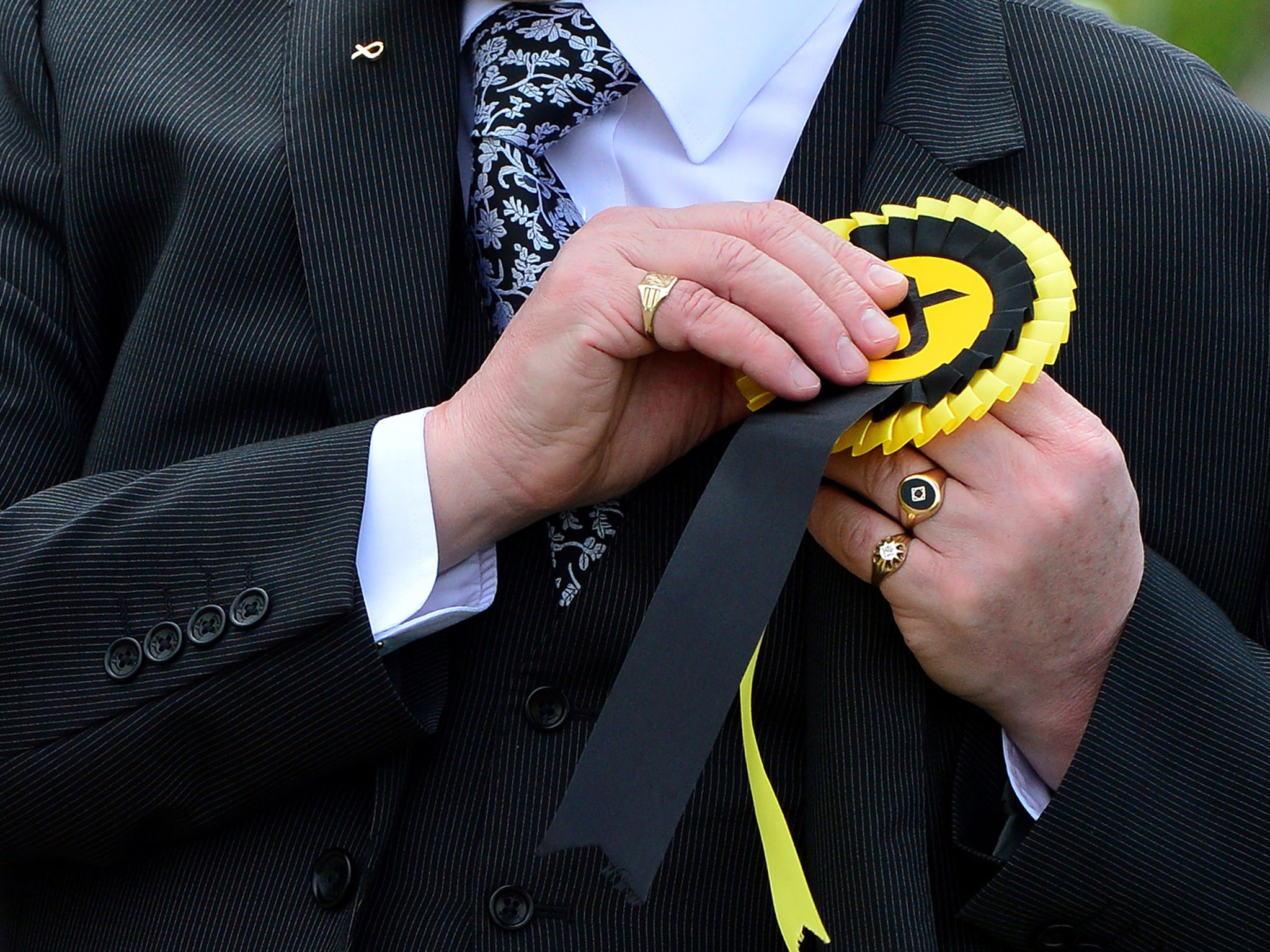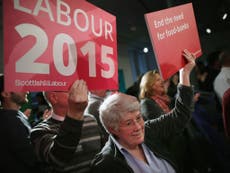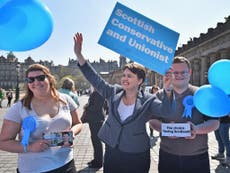Labour can make life difficult for Nationalists
The battle lines are set for the forthcoming elections

The last-minute “vow” made by Unionists when it looked like independence might happen was forged in a panic. And after last year’s referendum it became the leitmotif of Scottish politics: Labour and Conservative politicians repeatedly said it was being delivered. Nationalists repeatedly claimed it had been delayed. Late on Monday night, the vow’s legislative form – the Scotland Bill – cleared the House of Commons and now awaits approval by the Lords, Scottish Parliament and the Queen.
It was always intended to recalibrate Scottish politics, moving debate away from what Unionists call “grudge and grievance” and on to the more traditional territory of tax and spend, chiefly by making Holyrood more “responsible” for income tax and welfare. In other words, trying to stop the SNP blaming every ill on “Westminster”, a noun which now has the same pejorative resonance as “Washington” in the US.
Scottish nationalism (even its modern, ostensibly “positive” incarnation) is fuelled, at least in part, by the claim that Scotland would flourish if only it had greater autonomy. Thus, the Scotland Bill puts the SNP in a difficult position. Although the party signed off on the Smith Commission recommendations that preceded it and backed the legislation on Monday night, there was also the usual drizzle of complaint. Westminster leader Angus Robertson said it had “failed”; SNP MP Pete Wishart said the time allocated to debate it amounted to a “slap in the face” for Scotland, and First Minister Nicola Sturgeon tweeted that all it allowed her Government to do was “apply sticking plaster to Tory cuts”.
But that approach is subject to the law of diminishing returns. By next May, when Holyrood goes to the polls, the Scotland Bill will be on the statute book, while partial powers over a “Scottish rate” of income tax, confusingly contained in another Scotland Bill passed in 2012, will come into force.
At that stage complaint will have to give way to action – on tax rates, welfare responsibilities and so on. That was the Unionist plan all along, compelling Nationalists to put its policies where its left-wing mouth has long been.
That shift in the political dynamic has already begun. At the recent Scottish Labour Party conference, leader Kezia Dugdale outflanked the SNP on the left by pledging to mitigate forthcoming tax-credit cuts in full, claiming unequivocally that Holyrood would have the power to do so.
Initially the SNP kept its own counsel, then attempted to brand the Scottish Labour pledge as false hope, saying the Scottish Parliament’s new powers wouldn’t allow it. Then, embarrassingly, it conceded that it would.
For once the Scottish Government appeared wrong-footed by Scottish Labour, something that hasn’t really happened in more than eight years. Ministers were slowly realising that its new responsibilities (current or forthcoming) left them with fewer places to hide.
Indeed, it seems likely that part of the reason Nationalists took so long formulating a response to Scottish Labour’s tax-credit pledge was internal tension between fiscal conservatives like the Finance Secretary John Swinney (who’s gone out of his way to downplay expectations on what can be done to mitigate Westminster cuts) and Ms Sturgeon, the latter acutely aware she’s under pressure to match Ms Dugdale’s pre-election policy “offer”.
Thus the battle lines are set for the forthcoming Scottish Parliament elections, although Scottish Labour might have made a mistake in showing its hand so early. This gives the SNP time to do what it does best: triangulate. And if that happens following the Comprehensive Spending Review later this month, then Ms Dugdale could find herself struggling to acquire any political capital.
Triangulation comes at a cost, and given how tight the Scottish Budget already is, I don’t envy Mr Swinney having to find hundreds of millions of pounds to “top up” tax-credit cuts. He has to keep Middle Scotland on side by maintaining “free” services popular with middle-class voters, but his room for fiscal manoeuvre is becoming much tighter.
Another presidential Holyrood election – as in 2011 – would help the SNP: Scottish Labour realise that if May’s ballot is framed in terms of “Nicola vs Kez” then the former will win hands down. But given that Labour will fight this election with no realistic expectation of winning, that frees it up to make life as difficult as possible for its Nationalist opponents over the next six months.



Join our commenting forum
Join thought-provoking conversations, follow other Independent readers and see their replies